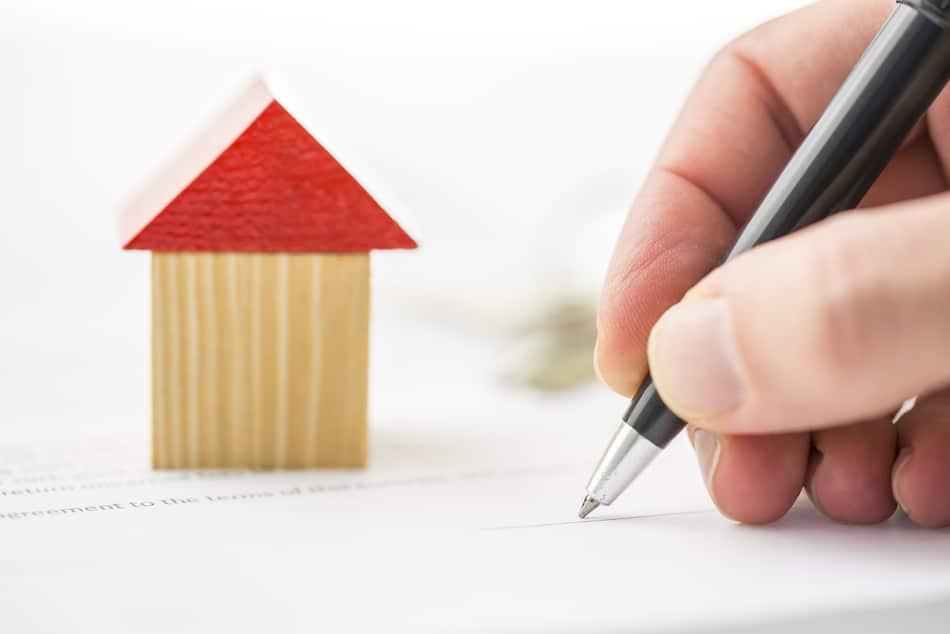
Selling a Home Shortly After Buying
 Sometimes, you buy a home only to realize that your life is taking you in another direction. If you have purchased the home within a year or two of selling it, you may have some benefits and disadvantages at hand. Here’s what you need to know.
Sometimes, you buy a home only to realize that your life is taking you in another direction. If you have purchased the home within a year or two of selling it, you may have some benefits and disadvantages at hand. Here’s what you need to know.
Financial Disadvantages
Anytime you buy or sell a home, there are charges involved that you typically cannot avoid entirely. Selling a home within two years of buying it has a number of financial and tax implications.
- Closing Costs: The cost of arranging for home staging, marketing the home, making some minor repairs and paying the fees for your real estate agent could add up to thousands of dollars every time you sell a home. These closing costs may be taken out of the profit you claim from the sale of the home. However, this requires that you have enough equity to cover the agent’s fees, which are usually around 6-8 percent of the home’s sale price.
- Equity Concerns: Your real estate agent is not the only party that may have an intense interest in the existing equity of your home. If you made a significant down payment on your home or home values in your area are growing rapidly, you may have no trouble getting a sale price high enough to satisfy your closing costs and your mortgage. If your home has appreciated only a little, or even lost value, the entity that holds your mortgage may set some specific requirements for the terms of the sale.
- Capital Gains Taxes: Once you live in a home as a primary residence for two years, you can exclude as much as $500,000 of the profit of your home sale from capital gains taxes. Any period less than two years calls for a prorated amount of capital gains tax liability. There are some exceptions to the rule, such as a job relocation or health concern of which you were unaware when you bought the home. If these do not apply, you can expect your tax liability to decrease by 25 percent for each additional six months you live in the home.
The last thing you want is to pay thousands out of pocket to try to sell your home. If any of these financial situations could cause you real trouble, consider listing the home for rent while you wait for a better time.
Silver Linings
When you have no choice but to sell your home within a year or two after buying, there are a few advantages you can usually count on. They may make it easier to sell the home more quickly, without as much work to prepare it.
- Recent Home Inspection: Home inspections do not bring up every issue involved with a home, but they provide you with a very clear idea of the condition of the home’s structure and systems. The report of the home inspection you got when you first wanted to buy the home gives you a sense of what might need additional work, now that you are preparing to sell. Look at the details of the report and confirm that all repairs are holding up well. Make a plan to fix any problems that have come up since then.
- Staging Ideas: The sooner you sell the home after you buy it, the better you will remember specific aspects of the home as it was staged for sale. You have a good idea of what inspired you, and what gave you concerns. If nothing, you may now know what not to do in your own efforts to stage the home.
- Status of Upgrades: Many homeowners make some upgrades before they list the home. It is customary to replace carpet prior to selling, but if it is less than two years old, you may not need to. Look at the condition of newer appliances, fixtures, roofing, flooring and siding. If they are all in excellent shape, you may just have to clean them up and add a fresh coat of paint where applicable. This could leave you with more money to invest in an upgrade that could generate a higher resale value, such as landscaping or bathrooms.
Reducing the amount of money you have to invest in upgrades and repairs can also save you time and hassle. You could be ready to list the home much sooner than someone who lives in a home for many years.
Few people want to sell a home shortly after they buy it, but sometimes the situation is unavoidable. If you can manage the financial liability inherent to selling a home within two years, you may be able to take advantage of the updated condition of the home to sell it more quickly.



